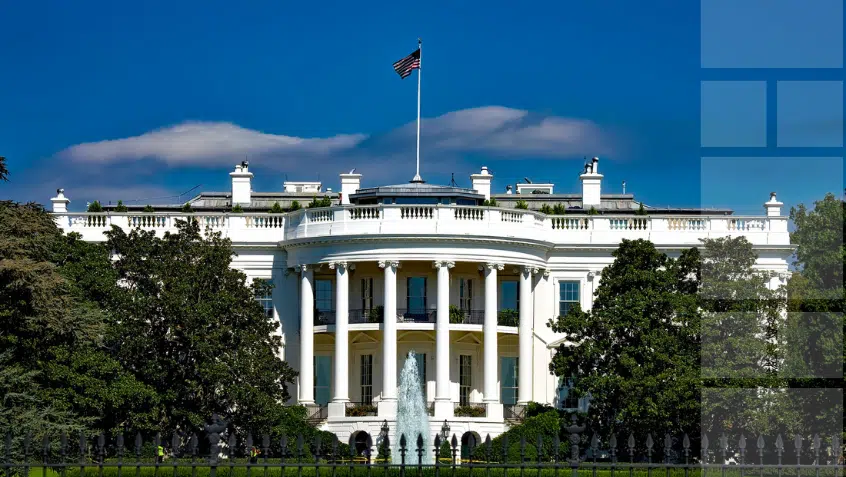Join Us Live for a Discussion on Medicare, Democracy, and the Future of Health Care
“100 Days” Poll Shows Rising Concerns About Public Health Systems

Recent polling shows increasing concerns regarding the trustworthiness and efficacy of the public health system. The polling, conducted by Harvard’s T.H. Chan School of Public Health, aims to understand U.S. adults’ views about the public health landscape and the federal agenda during the Trump administration’s first 100 days.
First 100 Days of Presidency A Symbolic Benchmark
Since the profound regulatory and legislative reforms packed into President Roosevelt’s first 100 days in office in 1933 pundits and policy watchers have used the first 100 days of a new administration as an opportunity to reflect on the aims and effectiveness of the new government. While the first 100 days has no legal significance—and for many administrations the top headlines of the first days recede entirely from significance by the end of the term—it is nonetheless a widely accepted benchmark that reflects opportunities for an administration to clearly articulate and implement its agenda, or fail to do so.
Respondents Expect Trust in Health Agencies to Decline
The Chan School of Public Health survey asked U.S. adults about their feelings and confidence in public health agencies and their recommendations at the beginning of the administration and more recently. They found that the majority of both parties had positive feelings about health agencies and trusted agency recommendations. However, they found that changes in public health leadership have prompted more people to “foresee losing trust in public health agencies’ recommendations than gaining it.” Shifts in trust were divided along party lines—with most democrats saying they will lose trust and a (smaller) majority of Republicans saying they will gain trust in the recommendations. Despite these divisions and the overall declines in anticipated trust, however, the survey found bipartisan support for prioritizing several public health issues like preventing chronic disease, protecting against pandemics, and reducing maternal and infant mortality.
Medicare Rights’ Helpline Hears Similar Concerns
The survey did not separate respondents based on age or types of insurance coverage, but calls to our national helpline reflect similar concerns. In survey responses, people who were pessimistic about the CDC’s work in the future cited fears that the CDC will make health recommendations that are influenced by politics, scale back or cut programs “too much,” downplay important health problems, or reduce public access to important health information. Medicare Rights has heard the same types of worries from people with Medicare, their families, and professionals who serve them.
People across the political spectrum need access to high-quality, affordable health care and accurate scientific information to protect their basic needs, wellbeing, and financial stability.
At Medicare Rights, we are committed to bolstering the efficacy and reliability of public health agencies. People across the political spectrum need access to high-quality, affordable health care and accurate scientific information to protect their basic needs, wellbeing, and financial stability.
Show Comments
We welcome thoughtful, respectful discussion on our website. To maintain a safe and constructive environment, comments that include profanity or violent, threatening language will be hidden. We may ban commentors who repeatedly cross these guidelines.
Help Us Protect & Strengthen Medicare
Donate today and make a lasting impact
More than 67 million people rely on Medicare—but many still face barriers to the care they need. With your support, we provide free, unbiased help to people navigating Medicare and work across the country with federal and state advocates to protect Medicare’s future and address the needs of those it serves.
The Latest
Most Read
Add Medicare to Your Inbox
Sign up to receive Medicare news, policy developments, and other useful updates from the Medicare Rights.
View this profile on InstagramMedicare Rights Center (@medicarerights) • Instagram photos and videos









